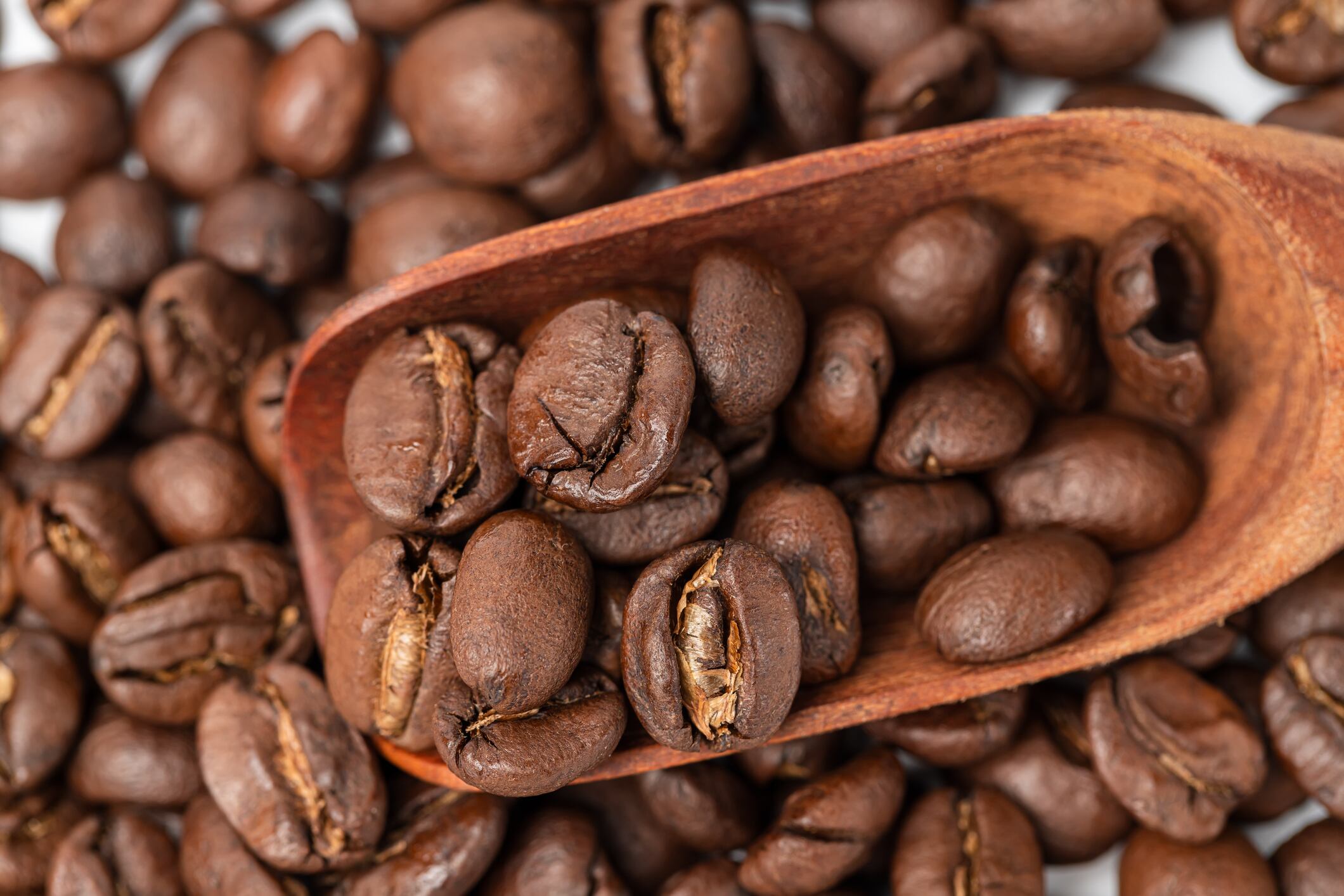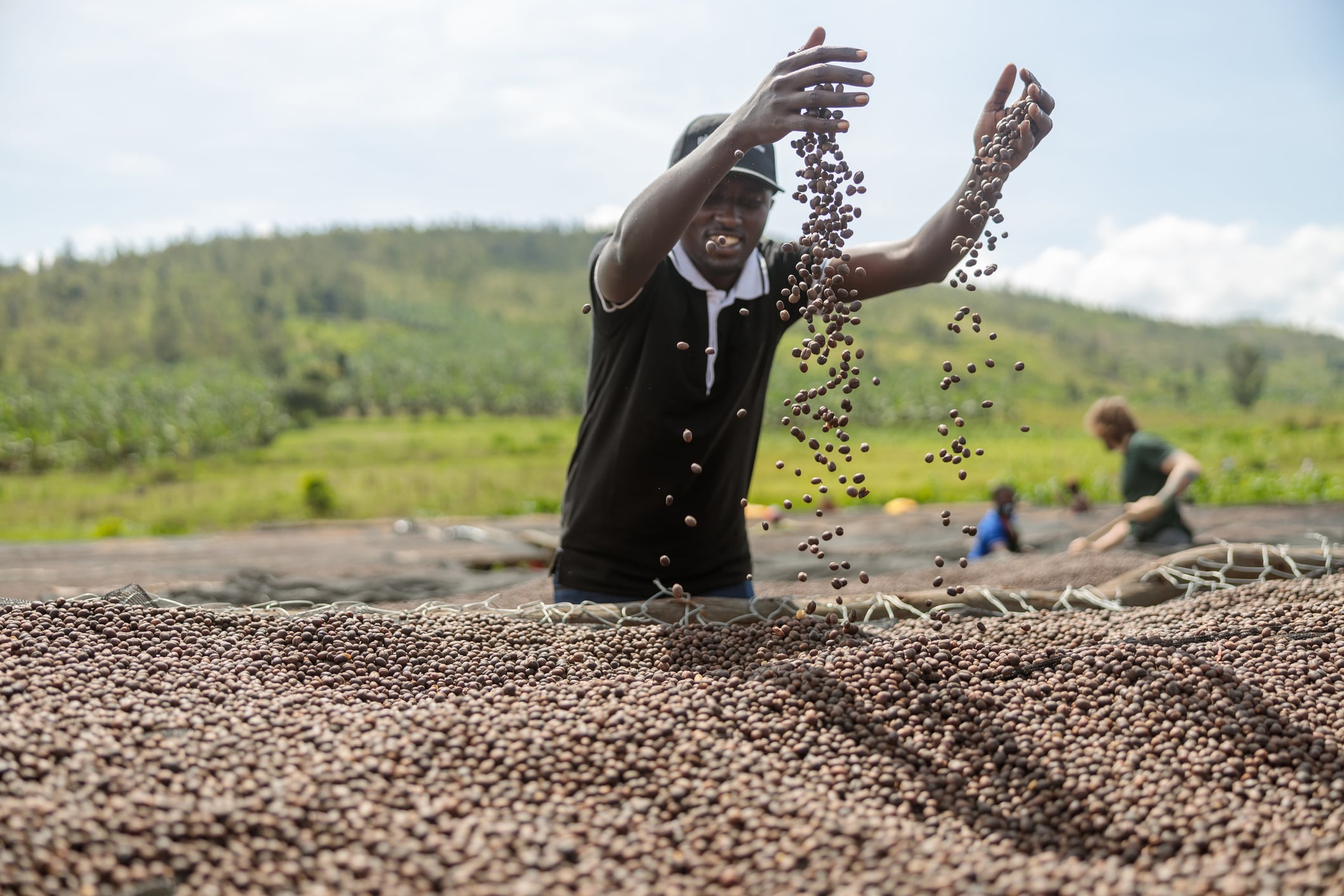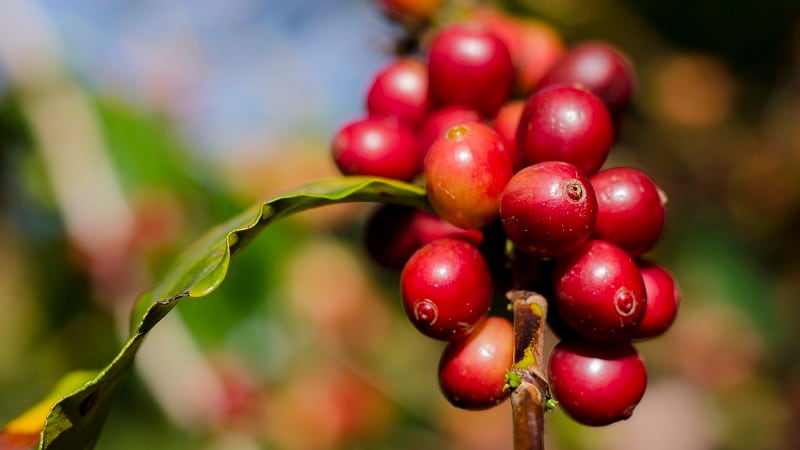The Vietnamese coffee 2024-2025 crop year ended with a record high export turnover of U$8.4bn, said the Vietnam Coffee-Cocoa Association (VICOFA).
According to the trade body, exported increased 1.8 per cent in terms of volume and 55.5 per cent in value compared to the previous crop year.
The average export price of Vietnamese coffee increased to U$5,610 per ton, up 52.7 per cent from the previous crop year.
The largest export market was Europe, which accounted for 47.2 per cent of total export volume with a turnover exceeding U$4bn.
Traceable transformation
Deputy Minister of Agriculture Hoang Trung attributed the country’s export success to its sustainability-driven transformation and stronger traceability systems.
Vietnam’s national traceability database now covers 137,000 hectares of coffee plantations and is set to expand to 462,000 hectares, which accounts for about 80% of the Central Highlands’ coffee-growing areas.
“Thanks to these efforts, the EU has classified Vietnam as a low-risk country under the EU Deforestation Regulation (EUDR), requiring inspections for only 1% of imported shipments. This recognition reflects not only the dedication of Vietnam’s coffee industry but also the nation’s proactive, transparent, and responsible spirit,” he said at an annual coffee conference in Ho Chi Minh City.
In addition to high export numbers, production was also strong, estimated to have reached nearly 2 million tonnes.
More importantly however, the Vietnamese coffee brand was enhanced by the focus on quality.
This improvement was driven by coffee replanting programmes, specialty and high-quality coffee projects, and landscape initiatives rolled out across key growing regions, all of which have helped raise product quality and strengthen Vietnam’s coffee reputation.
The ministry said this strong export performance reflected a strategic shift from focusing on volume to boosting value, with Vietnamese coffee consistently meeting high quality and food safety standards, earning recognition internationally.
A sustainable future
To maintain growth momentum, the ministry and VICOFA plan to further promote sustainable coffee production.
Producers were encouraged to adopt international standards such as Rainforest Alliance (RA), Common Code for the Coffee Community (4C), Fairtrade Labelling Organisations International (FLO), Coffee and Farmer Equity (C.A.F.E.) Practices.
Additionally, the ministry is also encouraging low-emission farming processes that help lower production costs by reducing the use of fertilisers and pesticides and promoting water-saving irrigation techniques.
Moving forward, Vietnam’s coffee industry will move to expand markets and diversify export partners, with a focus on Asia and South East Asia.



![[Video] Connecting the dots on a more sustainable food system with Giga](https://www.agtechnavigator.com/resizer/v2/WJFHPM7CSZCVTKM25N3NVA3CGQ.png?auth=a63992fe5a418c2a1ffc55f6d26cc432b090fa43ae512ff4113b59a6f516783b&smart=true)

